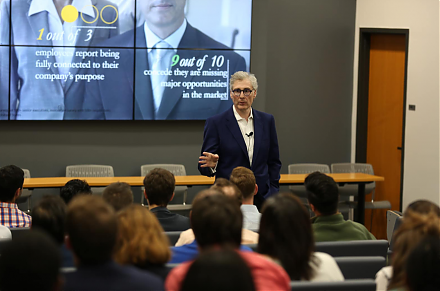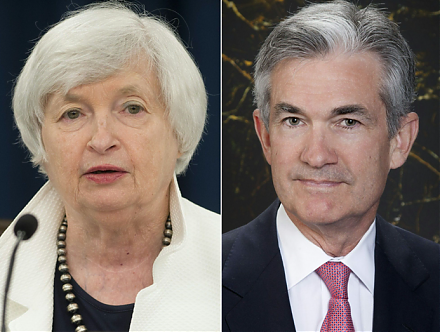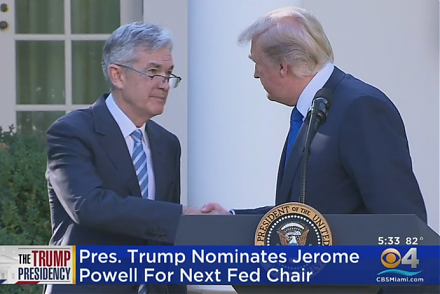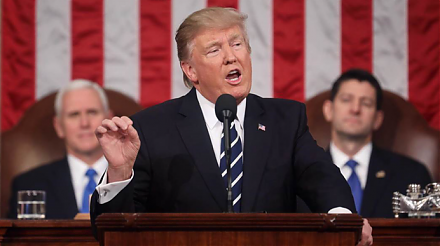

2018-10-25 10:36:00 Thu ET
technology antitrust competition bilateral trade free trade fair trade trade agreement trade surplus trade deficit multilateralism neoliberalism world trade organization regulation public utility current account compliance
Trump tariffs begin to bite U.S. corporate profits from Ford and Harley-Davidson to Caterpillar and Walmart etc. U.S. corporate profit growth remains high at 22% as of October 2018, but fewer S&P 500 companies manage to beat stock analyst estimates of both bottom-lines and sales. This lackluster stock performance erodes investor sentiment and thus contributes to the recent sharp sell-off in equities. The negative ripple effects and externalities spread to East Asian and European stock markets.
On the quiet western front, President Trump remains rather bellicose toward China, whereas, the Chinese trade delegates, diplomats, and negotiators etc become less belligerent and less truculent in the Sino-U.S. trade standoff. In the meantime, the Federal Reserve continues the current neutral interest rate hike to contain inflation and wage growth in America. Key greenback appreciation arises as a result of this current interest rate hike. As a consequence, U.S. dollar appreciation exacerbates the bilateral trade deficit between America and China.
In this light, the Trump administration may or may not be able to effectively curb the current bilateral trade deficit with China. The Federal Reserve monetary policy reaction can lead to U.S. dollar appreciation that inevitably weakens the impact of Trump tariffs on Chinese imports.
If any of our AYA Analytica financial health memos (FHM), blog posts, ebooks, newsletters, and notifications etc, or any other form of online content curation, involves potential copyright concerns, please feel free to contact us at service@ayafintech.network so that we can remove relevant content in response to any such request within a reasonable time frame.
2020-09-17 12:28:00 Thursday ET

Many successful business organizations develop their distinctive capabilities and unique value propositions for strategic reasons. Paul Leinwand and Cesa
2017-12-14 12:41:00 Thursday ET

Federal Reserve raises the interest rate by 25 basis points to the target range of 1.25% to 1.5% as FOMC members revise up their GDP estimate from 2% to 2.5
2022-11-15 10:30:00 Tuesday ET

Stock market misvaluation and corporate investment payout The behavioral catering theory suggests that stock market misvaluation can have a first-order
2017-10-03 18:39:00 Tuesday ET

President Trump has nominated Jerome Powell to run the Federal Reserve once Fed Chair Janet Yellen's current term expires in February 2018. Trump's
2022-02-15 14:41:00 Tuesday ET

Modern themes and insights in behavioral finance Lee, C.M., Shleifer, A., and Thaler, R.H. (1990). Anomalies: closed-end mutual funds. Journal
2017-02-01 14:41:00 Wednesday ET

President Trump refreshes his public image through his presidential address to Congress with numerous ambitious economic policies in order to make America g